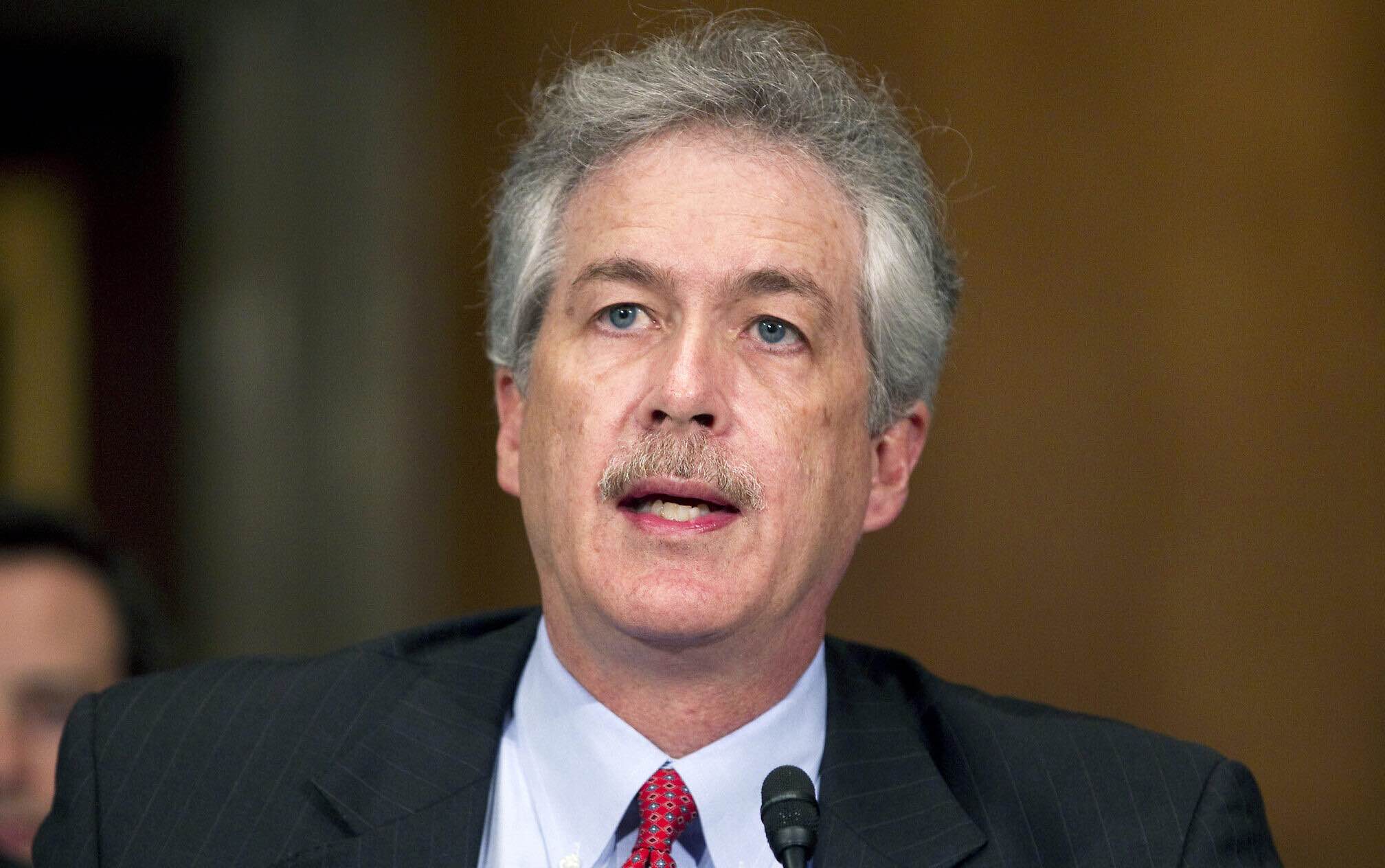Hamas Leader Faces Internal Pressure to End Gaza Conflict Amid Escalating Tensions : CIA
CIA Director William Burns has revealed that Yahya Sinwar, the leader of Hamas in Gaza, is facing increasing pressure from his own military commanders to accept a ceasefire

Internal Pressure Mounts
CIA Director William Burns has revealed that Yahya Sinwar, the leader of Hamas in Gaza, is facing increasing pressure from his own military commanders to accept a ceasefire and end the ongoing war with Israel. This development, disclosed during a closed-door conference, highlights the growing strain within Hamas as the conflict continues.
During the annual Allen & Company summer retreat in Sun Valley, Idaho, Burns informed attendees that Sinwar, who played a pivotal role in the October 7 massacre in Israel, is feeling the heat from his commanders. "We have credible intelligence indicating that Yahya Sinwar is under significant pressure from his own military leaders to find a way to end the conflict in Gaza," Burns stated, according to a source present at the meeting.
Despite being unconcerned about his mortality, Sinwar is reportedly worried about being blamed for the extensive suffering in Gaza. US intelligence officials believe that Sinwar is hiding in the tunnels beneath his birthplace, Khan Younis, and remains the key decision-maker for Hamas regarding any ceasefire agreement.
The Gaza conflict has resulted in substantial casualties and destruction, drawing international condemnation and calls for a ceasefire. According to Gaza's Ministry of Health, the war has killed more than 38,000 Palestinians, with thousands more missing and hundreds of thousands facing dire conditions.
US Efforts and the Path to Ceasefire
Burns, who has been actively involved in negotiations as the Biden administration’s point person, emphasized the importance of both the Israeli government and Hamas seizing this moment to reach a ceasefire. "There is a fragile possibility before us," Burns noted, indicating that the chances of a ceasefire are higher now than in the past months, although he acknowledged that the final stage of negotiations is always challenging.
The pressure on Sinwar is a recent development, emerging over the past two weeks, driven by his senior commanders who are growing weary of the fight. This internal dissent comes as Hamas and Israel have tentatively agreed on a framework deal proposed by President Joe Biden at the end of May.
International and Domestic Dynamics
The increased pressure on Sinwar coincides with Israeli Prime Minister Benjamin Netanyahu facing immense domestic pressure to secure the release of remaining hostages held in Gaza. Thousands of Israelis have been protesting, urging the government to prioritize the hostages' return over military actions.
Negotiations have been complicated by various factors, including the difficulties in communicating with Sinwar, who is in hiding, and the ongoing targeted strikes by Israel on Hamas leadership. US officials believe Sinwar no longer wishes to rule Gaza and have indicated that both Israel and Hamas have signed on to an "interim governance" plan that excludes both from controlling Gaza in the ceasefire's second phase.
Recent Developments
Amidst these negotiations, tensions remain high. Lt. Gen. Herzi Halevi, Israel Defense Forces Chief of Staff, emphasized that targeted strikes on Hamas leadership are a key part of the military strategy to secure the return of Israeli hostages. The assassination attempt on Hamas military chief Mohammed Deif, which resulted in significant casualties, underscores the intensity of the conflict.
US and Israeli officials continue to work towards a viable ceasefire and hostage release deal. An Israeli delegation, potentially led by Mossad chief David Barnea, is expected to engage in further talks in Doha, though the exact timing and participants remain fluid.
The growing internal pressure on Yahya Sinwar to end the Gaza war, coupled with international diplomatic efforts, presents a critical juncture in the conflict. As negotiations progress, the fragile possibility of a ceasefire offers a glimmer of hope amidst the ongoing strife, with significant implications for both regional stability and the humanitarian crisis in Gaza





